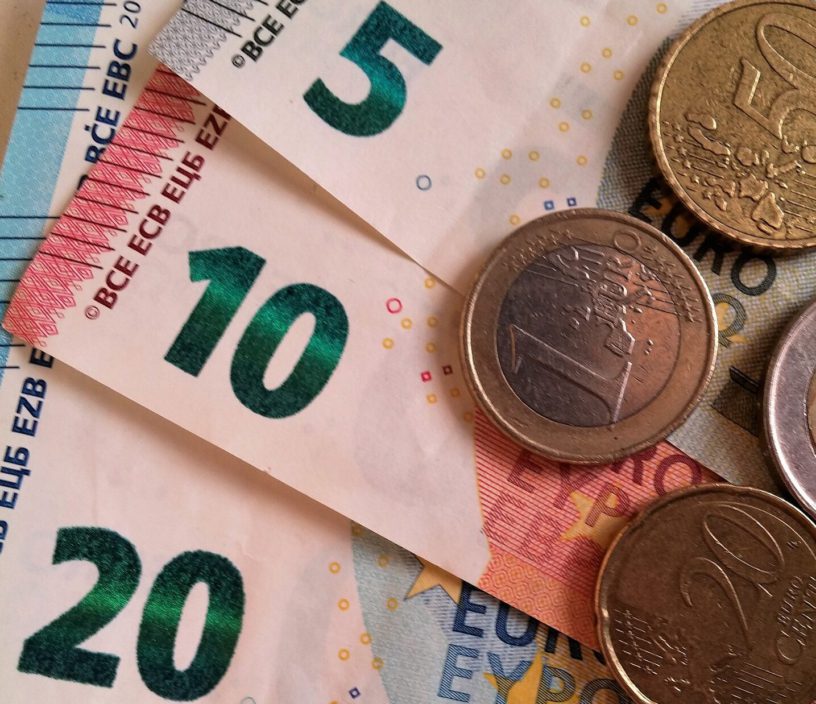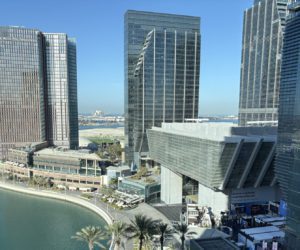By Elizabeth Hearst
German authorities have raided a company and home of a businessman suspected to be involved in a multi-million euro laundering scheme for Russian criminals.
The business, an import-export company, in the state of Brandenburg was raided on Tuesday by authorities according to The New York Times.
The accused is alleged to have received more than €7 Million in illicit funds. The suspect then laundered the money in Germany and transferred it to offshore accounts. Frankfurt prosecutors added that the offshore accounts belonged to “individuals from Russia”.
The unnamed suspect is accused of involvement in the high-profile money laundering network, dubbed the “Troika Laundromat”. According to prosecutors, the organization, linked to the former Russian investment bank Troika Dialog, is said to have arranged a web of offshore companies with accounts in Baltic banks.
No further details on the suspect or on-going investigation were released by authorities. Spokesperson for the prosecution Nadja Nieson said that she could not comment beyond the original press release.
The investigation comes as a result of German authorities’ quest to crack down on Russian money laundering operations. In 2019, German prosecutors seized properties worth more than €40 Million, that they allege were purchased through another money laundering network, nicknamed the Russian Laundromat.
The operation surrounded allegations that the scheme had moved $22 Billion from Russia into Europe. The funds were transferred using false companies through banks in Moldova and Latvia.
Investigations by the Organized Crime and Corruption Reporting Project (OCCRP) in conjunction with the Lithuanian news store 15min, discovered that the purpose of the Troika Laundromat was to funnel billions from Russia. These funds were then used by Russian oligarchs, influential politicians and more to acquire shares in state-owned companies and purchase real-estate and other assets.
Reports by the OCCRP detail that the Troika includes at least 75 companies, and was operational from 2006 to 2013. Following on from these reports, the Kremlin dismissed the findings as being untrue and stated that they were “nothing particularly novel”.








